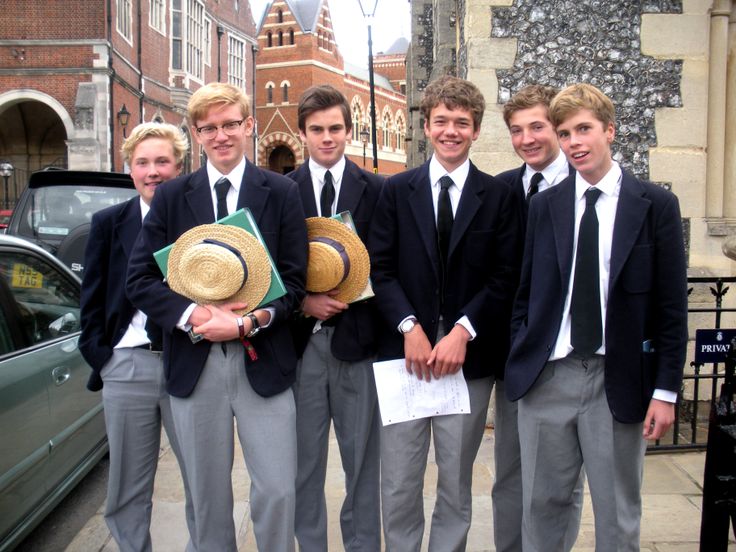Take careful notice that none of the principles these wealthy parents seek costs a single penny to develop. I don’t think they know that. That everybody could do one or all of these things with their own kids just as well as Exeter or St. Paul’s could. — John Taylor Gatto
This article is a summary of the Boarding School part of J.T. Gatto’s speech: “What Does ‘Educated’ Mean?” If you’ve got 90-minutes to spare, I highly recommend downloading the transcript and listening to the entire speech.
(Note: Rather than put everything in quotes, I’d prefer to make this article more readable by keeping John’s words in normal text. I have shortened and condensed John’s speech for quick reading but these are his ideas and words. I’m the beneficiary of John’s wisdom and experience while making them more accessible to other homeschooling parents who may be on the same path.)
16 Things Parents of Expensive Boarding Schools Want for their Children’s Education
Now let’s take a look at what the parents at the finest and most expensive private boarding schools in America want from schooling. I’m talking about the twenty ritziest private boarding schools in America. Schools like Groton, and St. Paul’s, and Deerfield, and Kent.
The schools have had an enormous effect on 20th century Society through the efforts of their graduates. Because of that importance, I’ve reduced the practices in these places to a formula so that you can see clearly that there’s nothing they do that isn’t easily within your reach. The formula looks like this in an elite boarding school.
But, I’m going to warn you in advance to take careful notice that none of the principles these wealthy parents seek costs the single penny to develop. I don’t think they know that. That everybody could do one or all of these things with their own kids just as well as Exeter or St. Paul’s could.
- Elite private schools want their children to learn good manners and to display those manners to everybody, even the humblest person, without thinking about it. So the manors would be reflexive. That’s because they know that manners will make their children welcome everywhere, even in strange settings where they’re not known, someone will recognize that this is a well-bred person.
- The second thing elite private school parents want is hard intellectual knowledge taught to their children, undiluted; they don’t want it watered down.
- Elite private school parents want their children to be advised only by people that they personally respect and Trust.
- The next thing elite private school parents want is that their children be taught love and appreciation for the land, for the natural world of plants and animals, not for the scientific knowledge but because they recognize that unless you have a relation with nature, that’s easy your life becomes lonely and barren and abstract. That’s why these rich kids ride horses and sailboats. Not for the competitive sports aspect of it, because it puts them in touch with nature.
- Next, they want their children to develop a public sense of decorum so that they can adapt naturally to every setting they find themselves in without provoking anger or opposition.
- They want a common core of Western culture taught, not so they can pass tests, but so that all the generations the grandparents the parents and the children are certain to be comfortable with a shared set of ideas and tastes and values.
- Elite boarding school parents want leadership exercises taught to their children. That’s an important ongoing theme of curriculum. They are not interested in their children being part of a managed herd.
- A major concern of boarding school parents is that their children get individual attention.Their children are in small classes. By small, I mean nine or less.
- They want continuous pressure put on their children to stretch their individual limits. That is, if you find four or five talents emerging, you don’t allow the kid to be satisfied with minimal performance.
- There’s an emphasis in elite schools on hands-on, face-to-face experience. You never go to a book if you can go to the person who wrote the book or someone close to that person. You get as close to the origin and the idea as possible.
- There’s an emphasis on writing. Homeschoolers read well but they don’t necessarily write so well. 300 words is good enough for a lot of uses. But if you can write a thousand words you can hold your own in any sort of debate, you can write op-ed pieces for the newspaper …it isn’t very hard to do.
- They want kids at elite schools to develop the power of accurate observation. They don’t have to be Picasso or Rembrandt. They have to accurately transcribe what they’re able to see. The reason Charles Darwin’s book made such an enormous impact was Darwin drew; there are thousands of drawings in the book. And they’re not Rembrandt, but they’re accurate enough that you can see what the thing is.
- Have experience with the master creations of music, of painting, of sculptor, of architecture, dance, poetry, the other arts. And have a familiarity with folk art as well.
- Scientific knowledge of the sky above and the earth below.
- Practice in learning how to handle pain. Physical pain, emotional pain, and intellectual pain. If you wonder where the tremendous American interest in sports came from, it comes from the aristocratic boarding schools of England.
- The development of a determination to demand the highest quality performance from yourself. Even if other people say hey that was wonderful, and you know that it’s a lot less than you could have done I think you’re better off.
Conclusion
Nothing I thought was an education, and nothing that the wealthiest people in the country think is an education costs anything at all. Fifty million public school children in the United States could be reared this way. It wouldn’t cost anything.




